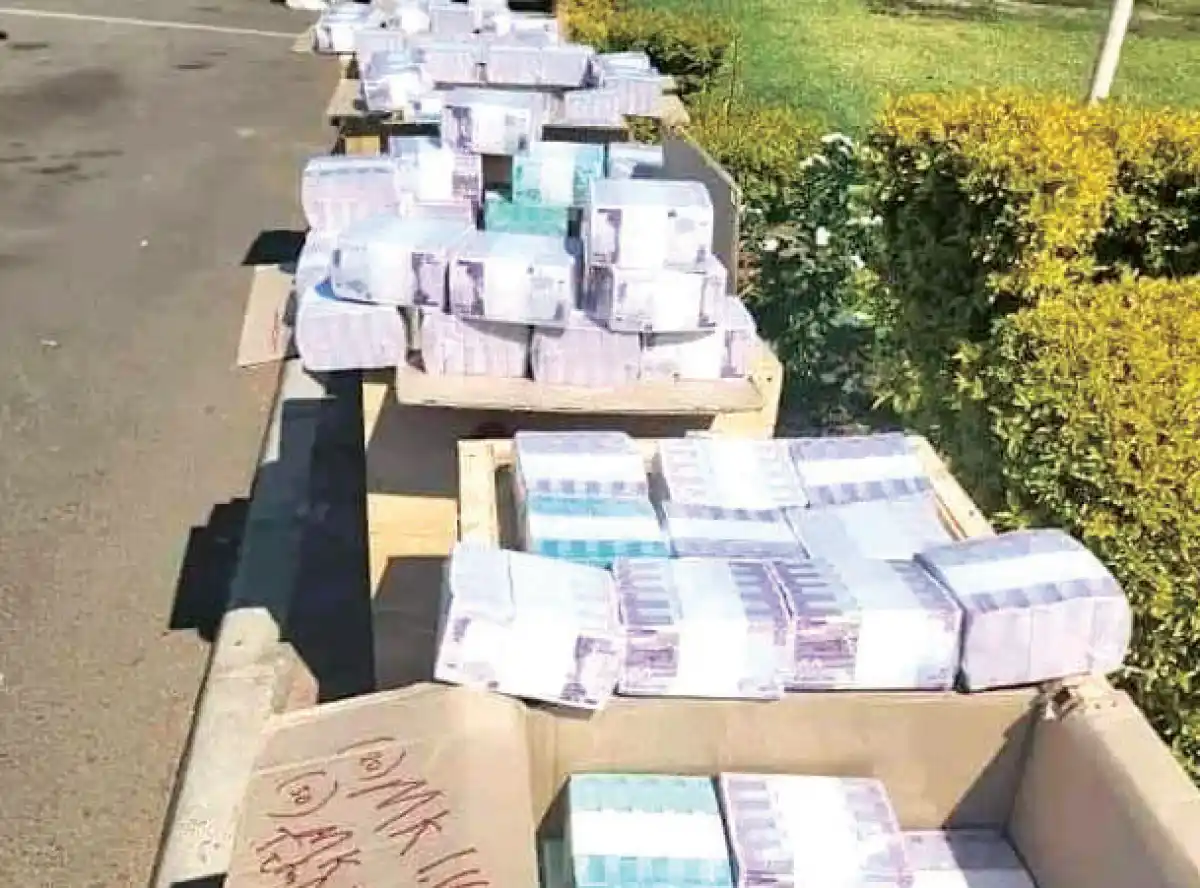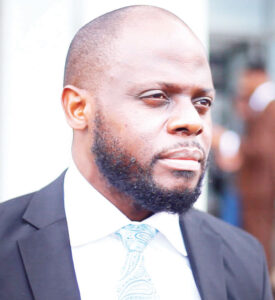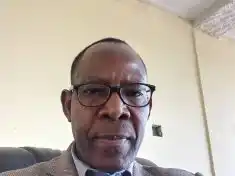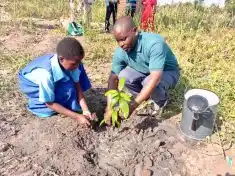
The K20 and K50 notes are being treated as banknotes of no value in Malawi these days such that some traders reject them.
This has forced the Reserve Bank of Malawi (RBM) to conduct a campaign sensitising Malawians that K20 and K50 notes are still currency of value and that it is against the law for anyone to reject them when tendered in trade.
So why would some foreigners, including an American whose country’s dollar is the most craved for around the world, be smuggling ‘valueless’ K20 and K50 notes to America as reported recently in Zambia?
Here is the answer, according to the RBM The Malawi Kwacha notes are taken out of the country for the production of other stronger currencies.
That is according to RBM spokesperson Mark Lungu in an interview with Malawi News on Friday.
“It is because of the security paper on which Malawi currencies are printed. It is suspected that the people who have been caught have the technology to delete the prints on the note and reprint stronger currencies on it.
“The K20 and K50 notes are being demanded because they are the same size and colour as some other global currencies, such as the Canadian dollar, among others,” Lungu said.
Last week, Zambian authorities arrested an American, a Russian and a Zambian national after finding them with Malawi Kwacha noted and other banknotes from various countries.
The authorities found Malawian kwacha notes amounting to K42, 184, 000 concealed in eight boxes; other notes were concealed in one suitcase and one small bag.
The bank notes included K20, K50, K100, K200, K500, K1 000, K2, 000, and K5,000 concealed in eight wooden boxes.
The other currencies included 102,600 Lesotho loti and 24,300 coins.
They also found 243, 050 Eswatini’s Swazi lilangeni and 59 900 in coins, 33 883 US dollars, 200 British pounds, 820 Turkish lira, 6 000 Zimbabwean zigs, and 30 Bosnian marks.
Other items seized included a Toyota Hilux registration (BBC 8613), car rental documents, two iPads, two phones, various documents, an American passport, and three Russian passports.

The Malawian government has meanwhile instituted an investigation into the money that was confiscated in Zambia according to the Director of Public Prosecutions, Masauko Chamkakala, who also traveled to Zambia last week.
“Investigations are still underway. The findings will give us options as to the way forward,” Chamkakala said.
National Advocacy Platform (Nap) Chairperson, Benedicto Kondowe, said the Reserve Bank of Malawi’s recent findings about the misuse of kwacha notes to counterfeit stronger currencies indicate a sophisticated syndicate.
“The arrest of American, Russian, and Zambian nationals in Zambia, found with various currencies, including the Malawi kwacha, suggests the potential involvement of Malawian nationals in this operation,” Kondowe said.
“The possible participation of Malawians in this syndicate is a grave concern. Although no Malawians were arrested, their involvement is likely, given the access and knowledge required to manipulate the security paper used in Malawi’s currency.
“This raises urgent questions about local complicity and the integrity of Malawi’s financial system, necessitating a thorough investigation to uncover any domestic links and prevent further exploitation.” Kondowe said
Nap has recommended immediate government action to enhance security around currency production and distribution.
Among other things, Nap has suggested establishment of a multi-agency task force involving law enforcement, the central bank and financial institutions to investigate and dismantle syndicates.
It says public awareness campaigns should also be launched to educate citizens on recognizing counterfeit currency and reporting suspicious activities.
“By taking these steps, Malawi can protect its financial system and restore confidence in its currency, both domestically and internationally,” Kondowe said.
Zambia Drug Enforcement Commission spokesperson Allan Tamba, in a statement released on Saturday, said “The contraband in question was meant to be flown from Zambia to the United States of America via a named airline.”





0 Comments